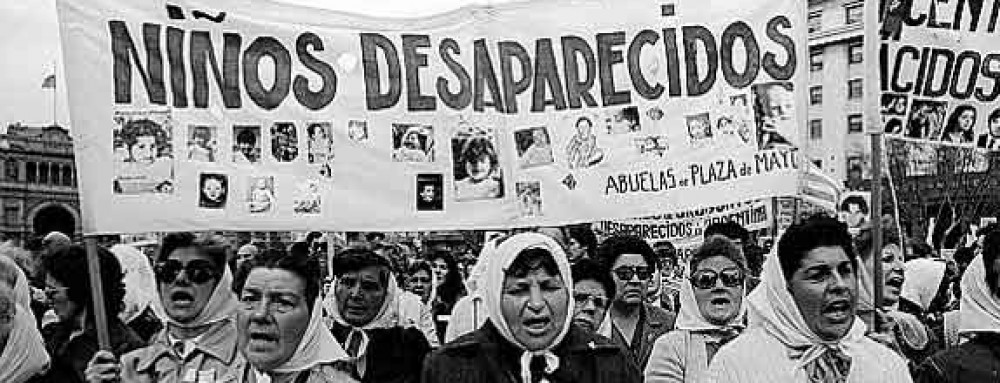Today Fernando shared with us a compelling story about a woman named Alba. During la Guerra Sucia, she was detained as a teenager for six months following the disappearance of her parents. Having spent most of her life thereafter focusing her fight for justice towards her parents whom she lost, she realized 30 years later that she too had experienced a grave human rights violation in her detainment. Due to lack of documentation and evidence during her period of detainment, she has sought but not had success in receiving reparations from the government.
The story of Alba is an illustrative example of the ongoing impact that human rights abuses committed during the military dictatorship in Argentina still have today. Her narrative highlights the difficulties faced by many victims and their families in seeking justice and redress, even decades after the crimes were committed.
The Nunca Más report, which was produced by the National Commission on the Disappearance of Persons (Conadep) in Argentina in 1984, provides a powerful documentation of the human rights abuses that occurred during the dictatorship. The report includes detailed accounts of the disappearances, detentions, torture, and killings of thousands of people, as well as information about the structures of power and impunity that enabled these crimes to occur.
While the Nunca Más report has been an important tool in the fight for justice and accountability for the victims of the dictatorship, I wonder how its impact has been limited. As the story of Alba illustrates, many victims and their families lack the documentation and evidence necessary to seek justice and reparations for the harms they suffered.
I expect this is a common problem faced by victims of human rights abuses in many parts of the world. In many cases, documentation and evidence may have been destroyed or lost, or victims may have been too afraid to come forward at the time the crimes were committed. Without this evidence, it can be difficult to hold perpetrators accountable and to ensure that victims receive the reparations and support to which they are entitled.
The story of Alba is a reminder of the ongoing legacy of human rights abuses and of the importance of continuing to fight for justice and accountability, even decades after the crimes were committed. It is also a reminder of the need for continued efforts to document and preserve evidence of human rights abuses, in order to ensure that the voices of victims are heard and their stories are not forgotten.


Emily, I absolutely wonder the same things when it comes to dealing with the aftermath of such traumatic events. The one thing I kept thinking while Fernando was telling us Alba’s story was, how on earth do you pay someone reparations for six months of their life lost? And even worse, how do you even begin to try to undo the damage of that trauma? Alba’s story really stuck with me.